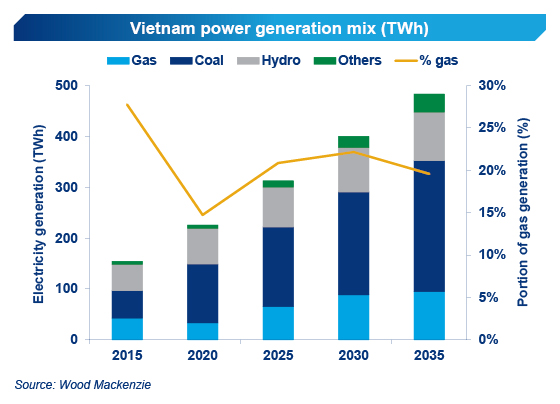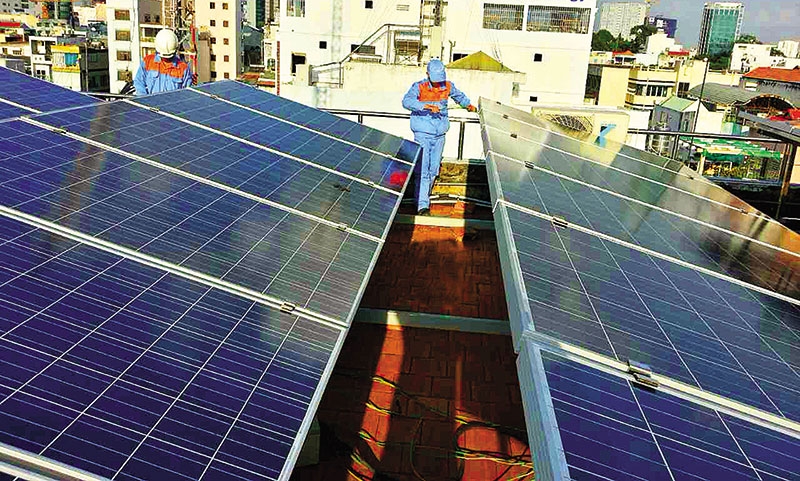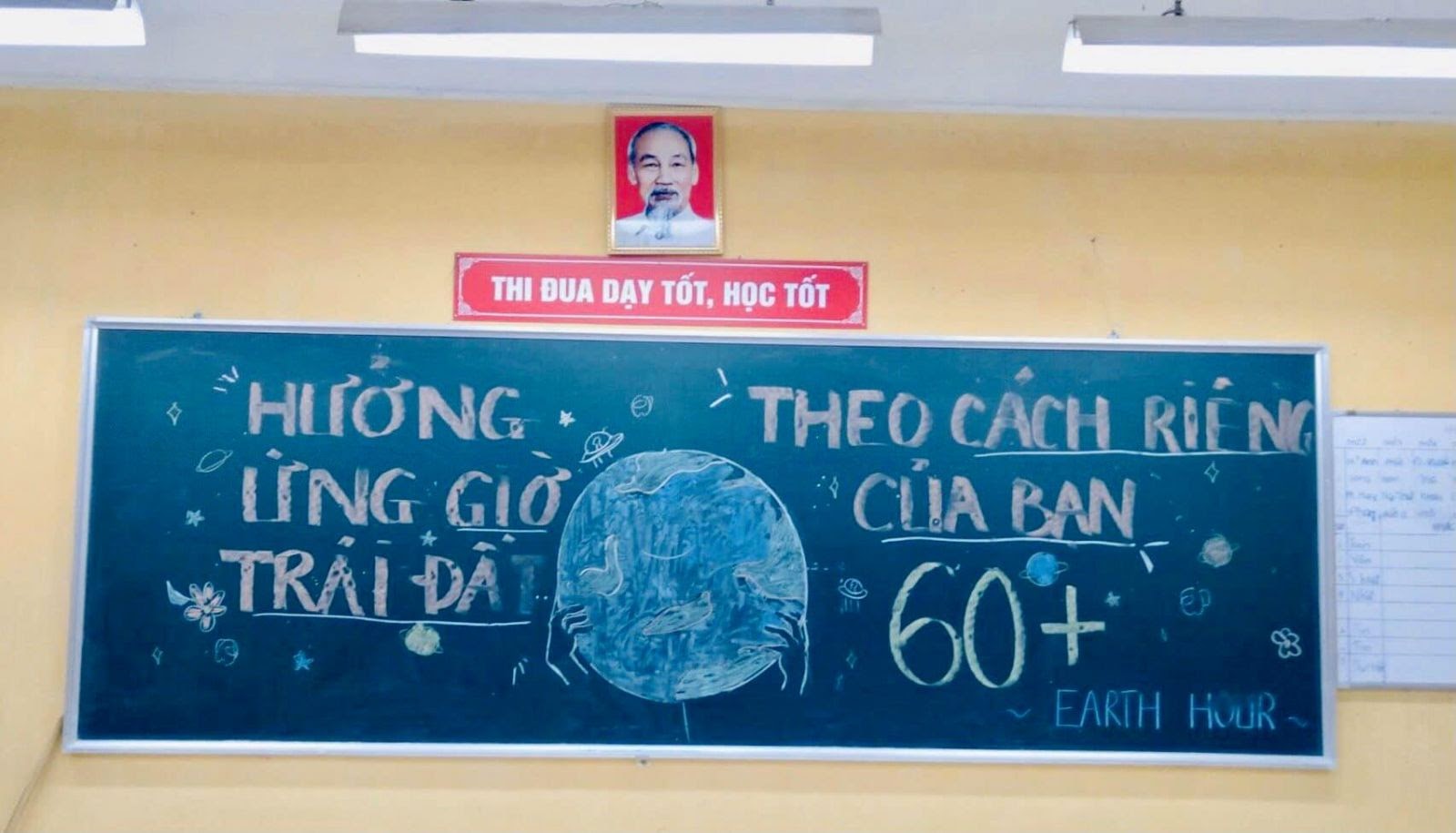
The global development agenda is at a pivotal point. The Sustainable Development Goals (SDGs) have set new development aspirations, and the Paris Agreement has raised ambitions for addressing climate change.
There is international consensus on the urgent need to ensure that policy engagements and financial flows are consistent with a pathway towards low greenhouse gas (GHG) emissions and climate-resilient development. The Paris Agreement sets the goal of holding the increase in global average temperature to well below 2°C above pre-industrial levels and pursuing efforts towards limiting it to 1.5°C. In addition, the recent Intergovernmental Panel on Climate Change (IPCC) Special Report on Global Warming of 1.5°C highlights the grave consequences that temperature rise above 1.5°C would entail, and clarifies that indeed all efforts should be made to avoid such a scenario.
We, the Multilateral Development Banks (MDBs)1, are acting on our previous commitments made at COP 21 – including to support to the Five Voluntary Principles for Mainstreaming Climate Action within Financial institutions2 – and at the One Planet Summit. In particular, in December 2017, together with the International Development Finance Club (IDFC), we announced our vision to align financial flows with the objectives of the Paris Agreement. Now, in order to realize this vision, we are working together to develop a dedicated approach, which constitutes our concrete and ongoing contribution to the operationalization of the Paris Agreement’s Article 2.1.(c). This approach aims at the alignment of the MDBs’ activities with the goals of the Paris Agreement. It goes beyond the specific MDBs’ 2020 and 2030 climate finance targets and builds on the on-going contribution to climate finance, which, in 2017, amounted to US$ 35 billion in developing and emerging economies, and enabled the mobilization of an additional US$ 52 billion from private and public sector sources.
The MDBs’ approach is based on six building blocks that have been identified as the core areas for alignment with the objectives of the Paris Agreement. A joint MDB working group is developing methods and tools to operationalize this effort under each of the building blocks.
1. Alignment with mitigation goals. Our operations will be consistent with the different countries’ low-emissions development pathways and compatible with the overall climate change mitigation objectives of the Paris Agreement. In line with Principle 2 of the “Mainstreaming Principles”, we will assess our operations against transition risks and opportunities related to climate change.
2. Adaptation and climate-resilient operations. Similarly, in line with Principle 2 of the “Mainstreaming Principles”, we will be active in managing physical climate change risks, in a manner consistent with climate-resilient development, and in identifying opportunities to make our operations more climate-resilient. In addition, we will seek to support a significant increase in our clients’ and their communities’ ability to adapt to the adverse impacts of climate change.
3. Accelerated contribution to the transition through climate finance. We will strive to actively support low-emissions and climate-resilient development pathways through our interventions. To that end, we will further scale-up the provision of climate finance. We will operationalize new approaches to bridge the climate finance gap and accelerate the transition in order to effectively support countries in achieving the goals articulated in their Nationally Determined Contributions (NDCs), including adaptation plans. We will go beyond current efforts to (i) prioritize, target and report on climate finance, (ii) mobilise private sector investments, (iii) support clients’ access to concessional finance, including for leveraging private capital, and (iv) provide the needed technical assistance for climate action. We will do this in support of ambitions agreed to under the United Nations Framework Convention on Climate Change (UNFCCC) and in line with science-based evidence identified by the IPCC.
4. Engagement and policy development support. We will build on existing efforts to support the NDCs’ revision cycle and develop services for countries and other clients to put in place long-term strategies and accelerate the transition to low-emissions and climate-resilient development pathways. In developing these new services, we will ensure consistency with the SDGs and establish collaborative partnerships with other institutions and private sector actors while scaling-up outreach and knowledge-sharing initiatives.
5. Reporting. Building on the joint efforts on climate finance tracking and collaboration on mitigation and adaptation issues, we will further develop tools and methods for characterizing, monitoring and reporting on the results of our Paris-alignment activities. Where possible, we will collaborate to harmonize our respective approaches.
6. Align internal activities. We will progressively ensure that our internal operations, including facilities and other internal policies, are also in line with the objectives of the Paris Agreement.
These building blocks serve as the basis for a joint MDB approach towards alignment with the objectives of the Paris Agreement, while fully acknowledging each MDB’s mandate, capability and operational model. Accordingly, differentiated ways and timing of implementation are possible within robust common principles, framework, criteria and timeline.
In developing and operationalizing our Paris alignment approach, we value the dialogue with the climate and finance communities. In particular, we look forward to further exchange with the organizations (research institutes, civil society and non-governmental organizations) and other international finance institutions that are also working on this important topic. At COP24, we invite others to join in the upcoming discussion and dialogue on how to implement the framework using methods and tools, which we hope will also be of use to the wider financial community.
The MDBs will develop relevant methods and tools with the objective to present our joint Paris alignment approach and individual MDB progress towards alignment at COP 25 in 2019.
----------------------------------------
1 The African Development Bank Group, the Asian Development Bank, the Asian Infrastructure Investment Bank, the European Bank for Reconstruction and Development, the European Investment Bank, the Inter-American Development Bank Group, the Islamic Development Bank, the New Development Bank, and the World Bank Group (IFC, MIGA, World Bank), (jointly, the MDBs). This Declaration has the technical endorsement of the Climate Change and Sustainable Development Department of the Inter-American Development Bank and the Investment Operations Department of IDB Invest. At the time of publication, the institutional endorsement is still in process.
2 For more detail on the “Mainstreaming Principles”, see: https://www.mainstreamingclimate.org/.





.png)


